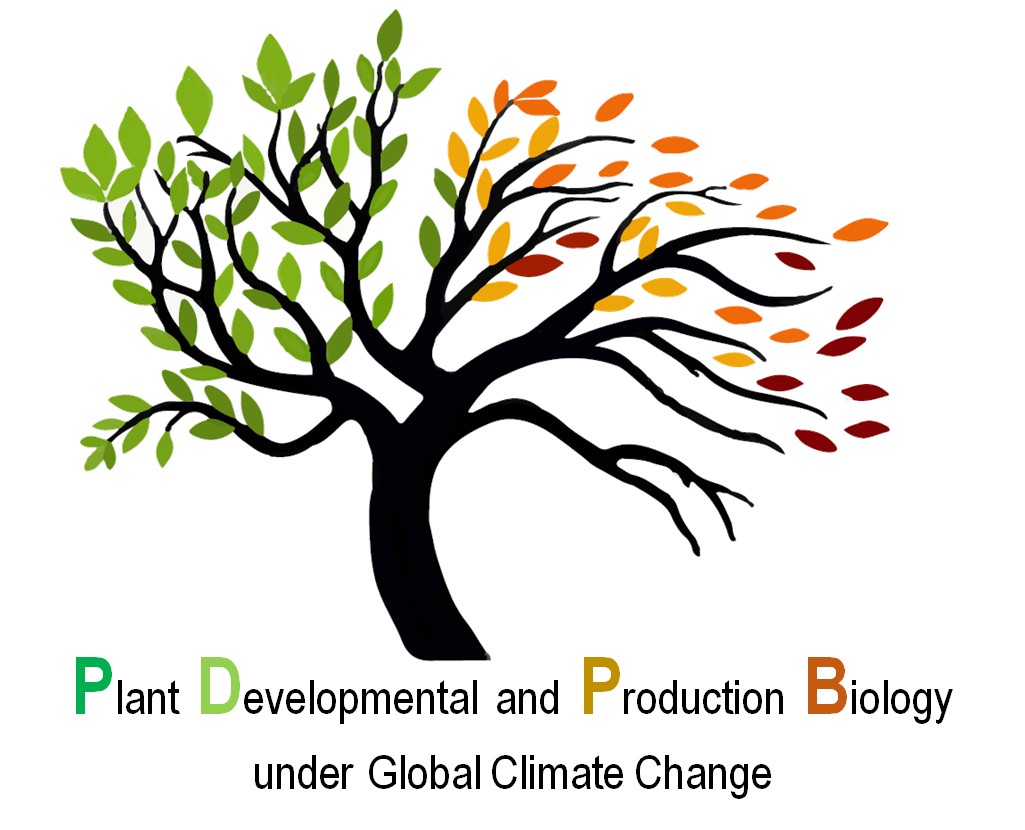 |
Prof. Dr. Karin Ljung Professor at Swedish University of Agricultural Sciences (SLU), Umeå, Sweden. Karin Ljung completed her PhD studies (2002) at the SLU in Umeå, where she would later became a docent in ”Biology, subject area Plant physiology” (2008) and Professor in “Plant physiology” (2015). Her research is focused on mechanisms regulating plant growth and development, especially root development, and the roles played by plant growth regulating substances (plant hormones) in the developmental processes that lead to the formation of the root system. Karin Ljung’s group has recently developed methods for plant hormone profiling in very small amounts of plant tissues, using liquid chromatography coupled to tandem mass spectrometry analysis (LC-MS/MS). They have also developed techniques for using Fluorescent Activated Cell Sorting (FACS) in combination with mass spectrometry analysis to analyse auxin and cytokinin distribution and metabolism within the Arabidopsis root at cellular and sub-cellular resolution. Thanks to their advanced methods, Karin Ljung and her co-workers have shown that auxins and cytokinins have the capacity to regulate each other’s biosynthesis, and are investigating the mechanisms behind these interactions, and their importance for different developmental processes in plants. The group recently discovered a link between carbohydrate levels/signaling and auxin metabolism that clearly has implications for the understanding of the mechanisms by which plants modify their growth in accordance with environmental conditions. |
|

|
|
Important links: |












